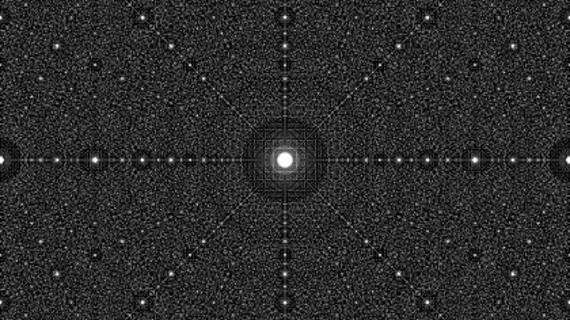New mathematical pattern could make MRI scans 4X faster, decrease patient costs
A new mathematical pattern developed by Shekhar Chandra, PhD, from the University of Queensland in Australia, could make MRI scans four times faster, according to a university release from Sept. 11.
Chandra has identified a new class of fractals that could eliminate any redundant imaging data, which would accelerate the MRI scanning process, according to the release.
Chandra’s findings may allow physicians to acquire more applicable imaging information in less time.
“I believe we can be more intelligent in the way we collect our measurements and data to greatly improve patient outcomes,” Chandra said in a prepared statement.“My research proves that this sensing methodology can eventually be applied to many areas of science, including astronomy, biomedical engineering and computer science.”
The research was published online in the August issue of IEE Transactions on Image Processing.

